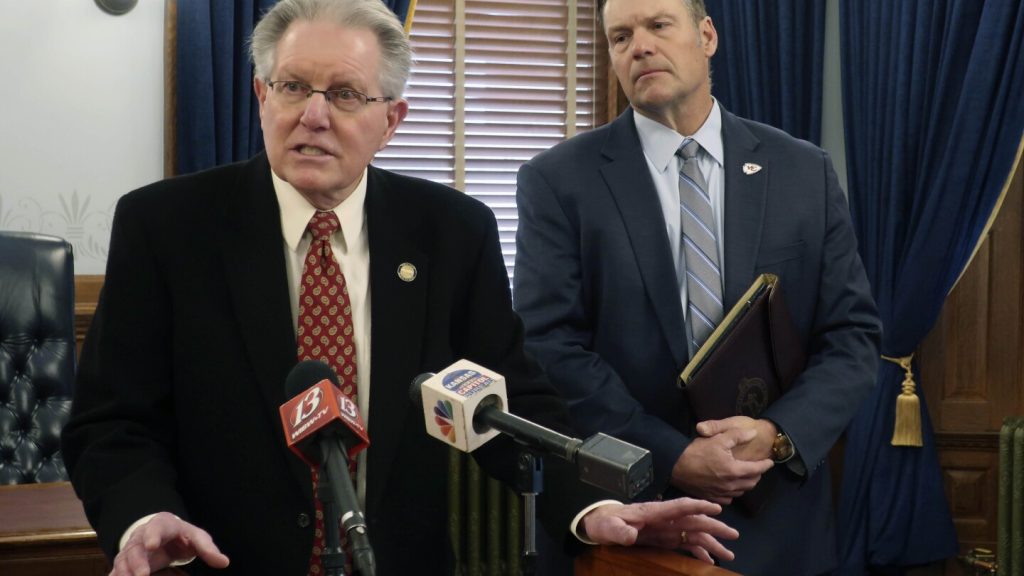Governor Laura Kelly of Kansas vetoed a bill that would have imposed restrictions on the foreign ownership of land in the state, with a focus on preventing Chinese spying near military bases. The bill aimed to limit ownership by individuals from countries viewed as adversaries by the U.S. government, including China, Cuba, Iraq, North Korea, and Venezuela. However, the governor deemed the bill too broad and potentially harmful to legitimate business relationships and investments. Kansas already has limits on corporate ownership of agricultural land, and over 20 other states have restrictions on foreign land ownership.
Kansas is a significant exporter, with $14.1 billion worth of products exported in 2023, and China being its fourth-largest trading partner. The concern around foreign land ownership in Kansas was heightened by the presence of a Chinese spy balloon floating over the state in early 2023. The bill’s supporters argued that such restrictions were necessary to protect critical infrastructure like military bases and the state’s assets from being exploited by adversarial foreign governments. However, critics, including some within the state Senate, raised concerns about the potential impact on immigrants and individuals trying to achieve the American dream.
The proposed bill would have required foreign individuals and companies to divest their Kansas properties within two years if it had been passed. Some conservative Republicans, like Kansas Attorney General Kris Kobach, advocated for even stricter restrictions, including a complete ban on foreign ownership of more than 3 acres of land. Despite the veto by Governor Kelly, lawmakers like House Majority Leader Chris Croft expressed determination to continue working towards protecting Kansas and its citizens from potential threats posed by foreign ownership of land.
Critics of the bill suggested that the support for such restrictions might be rooted in xenophobia and could disproportionately affect immigrants, including those fleeing repressive regimes. Democratic state Rep. Melissa Oropeza emphasized that the main impact of the bill would be on everyday people striving to achieve the American dream. Supporters of the bill, on the other hand, reiterated the need to safeguard Kansas’ critical infrastructure and assets from potential exploitation by foreign actors. Despite the veto, discussions around foreign ownership restrictions in Kansas are likely to continue, with differing opinions on the best approach to balance national security concerns and economic interests.


